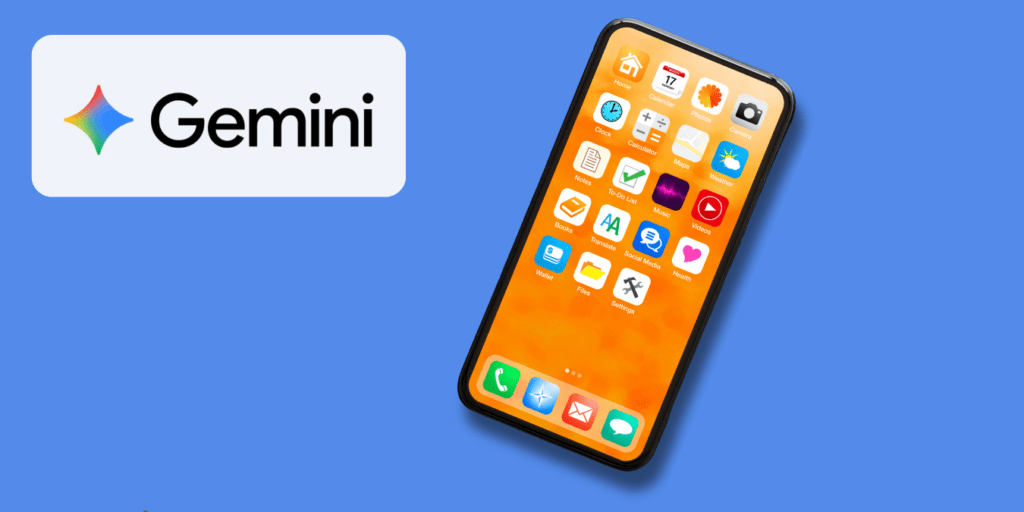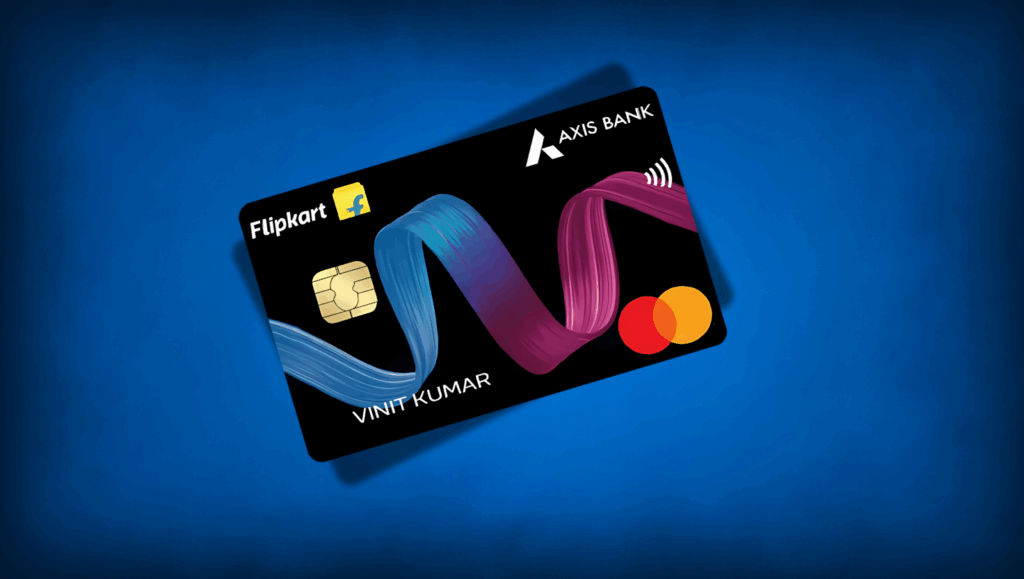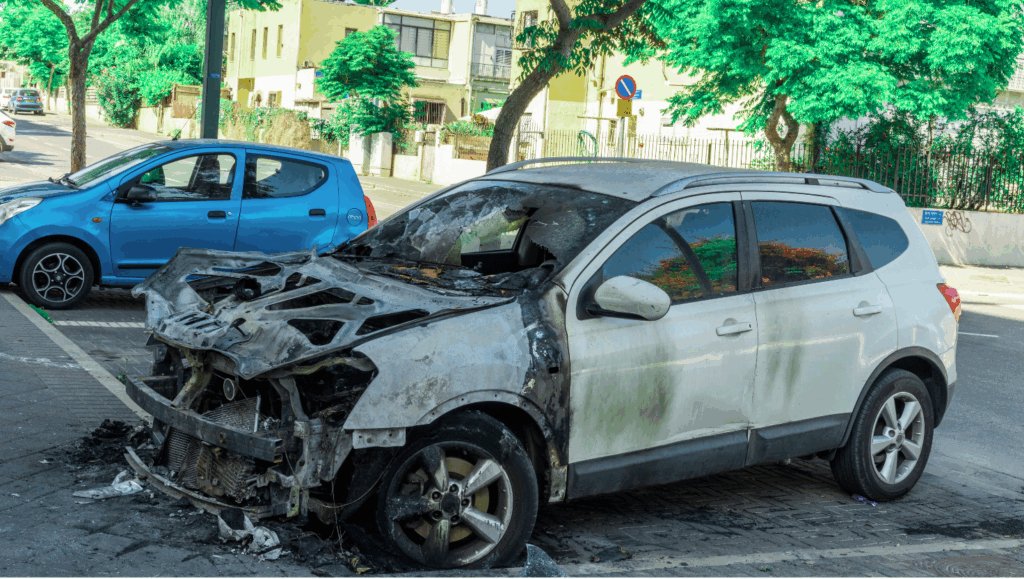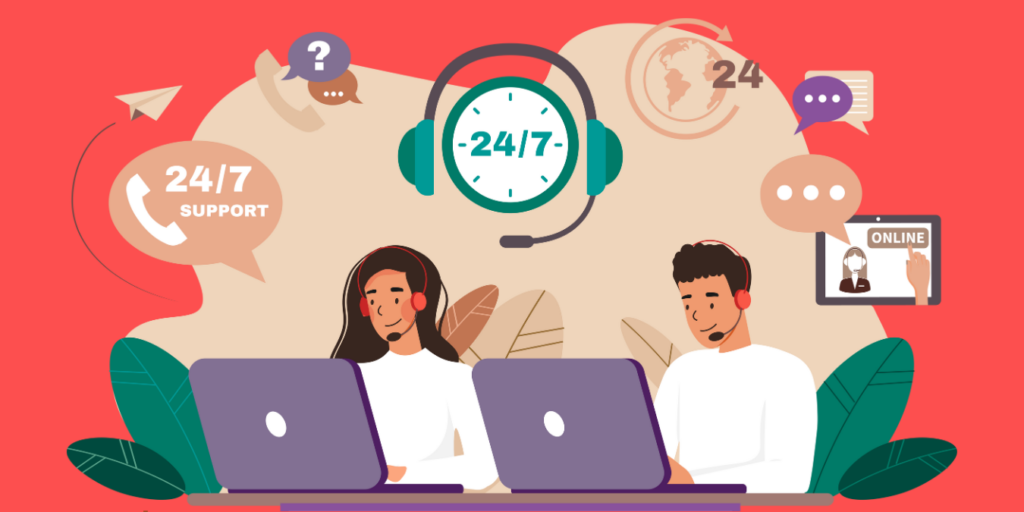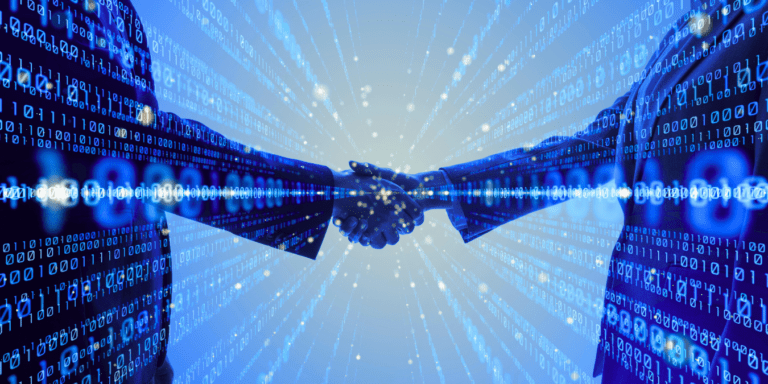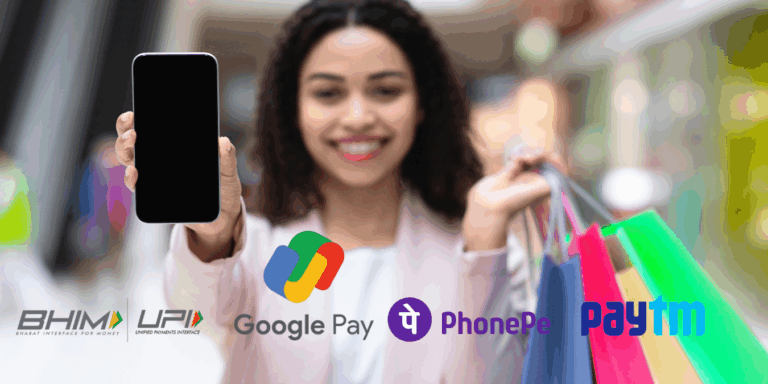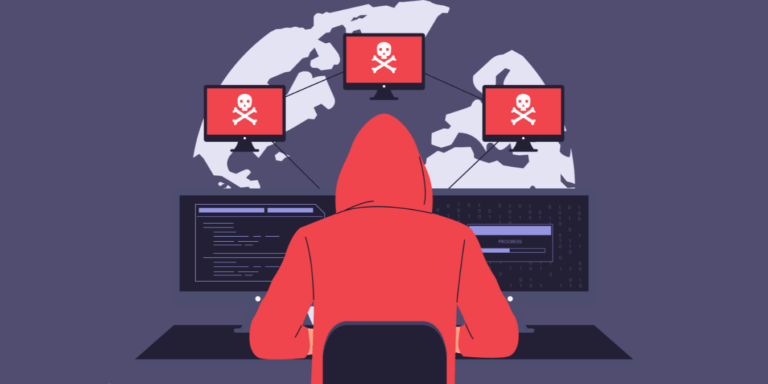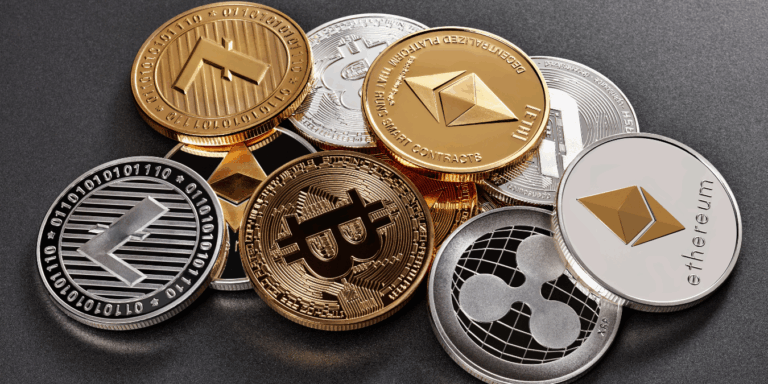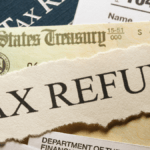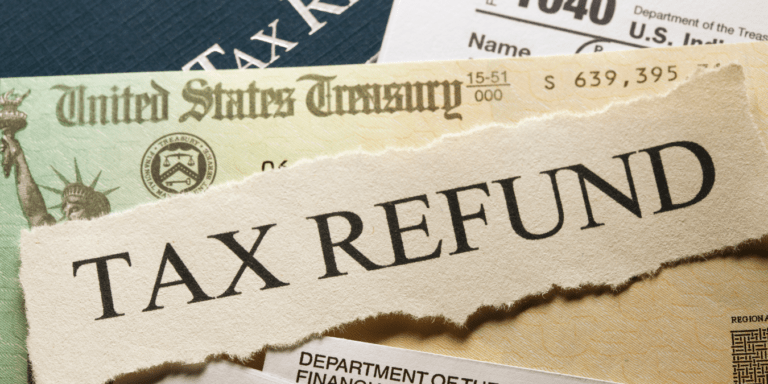
Worried, “Can someone hack my bank account via my credit card?” Discover how fraudsters exploit credit cards, warning signs to watch for, and expert tips to protect your money. Stay secure—learn the shocking truth and prevent bank account hacks today!
In today’s digital age, online banking and credit card usage have become integral to our financial lives. With India witnessing a surge in digital payments—over 114 billion UPI transactions in 2024 alone, according to NPCI—concerns about cyber security are at an all-time high. One question that frequently arises is, “Can someone hack my bank account via my credit card?” This blog post dives deep into this topic, exploring the risks, myths, and preventive measures to safeguard your finances in India. Whether you’re a salaried professional, a business owner, or a student, understanding these risks is crucial.
Let’s break down the facts, backed by the latest data, and provide actionable tips to keep your bank account and credit card secure.
Understanding the Connection Between Credit Cards and Bank Accounts
Before addressing whether a credit card can lead to a bank account hack, let’s clarify how these two financial tools are linked:
- Credit Cards Operate on Credit Lines: Unlike debit cards, which are directly tied to your bank account, credit cards function on a credit line provided by the issuing bank (e.g., HDFC, SBI, ICICI). Transactions made on a credit card do not immediately deduct money from your bank account.
- Linked for Repayments: Many users link their bank accounts to credit cards for auto-debit payments to settle monthly bills. This creates a potential pathway for fraudsters if security is compromised.
- Sensitive Information: Credit cards carry sensitive details like the card number, CVV, and expiry date, which, if stolen, can be exploited for unauthorized transactions.
So, can someone access your bank account directly through your credit card? Let’s explore the risks.
Can Your Bank Account Be Hacked Via Your Credit Card?
The short answer is: It’s unlikely but not impossible. While credit cards are not directly connected to your bank account balance, vulnerabilities in the digital ecosystem can create risks. Here’s how:
1. Phishing Attacks Targeting Credit Card Details
Phishing remains one of the most common cybercrimes in India. According to the Reserve Bank of India’s 2024 Annual Report, financial fraud cases rose by 23% in 2023–24, with phishing accounting for a significant share. Fraudsters send fake emails, SMS, or WhatsApp messages posing as banks (e.g., “Your SBI credit card is blocked, click here to verify”). These links lead to fraudulent websites that steal your card details.
How It Leads to Bank Account Risk: If you’ve linked your bank account for credit card payments, hackers may trick you into revealing OTPs (One-Time Passwords) or login credentials, potentially compromising your bank account.
2. Data Breaches Exposing Card Information
Data breaches are a growing concern globally and in India. In 2024, IBM’s Cost of a Data Breach Report noted that India ranked among the top 10 countries for data breach costs, averaging ₹19.5 crore per incident. If a retailer, payment gateway, or bank suffers a breach, your credit card details could be exposed.
How It Leads to Bank Account Risk: Hackers may use stolen card details to initiate unauthorized transactions, and if they access linked accounts through weak security (e.g., reused passwords), your bank account could be at risk.
3. Skimming and Cloning of Credit Cards
Card skimming involves installing devices on ATMs or POS terminals to steal card data. The National Crime Records Bureau (NCRB) reported a 15% increase in ATM-related frauds in 2023. Cloned cards can be used for fraudulent purchases.
How It Leads to Bank Account Risk: While skimming primarily affects credit card transactions, fraudsters may attempt to extract additional information (e.g., through social engineering) to target linked bank accounts.
4. Malware and Keyloggers
Malware attacks on smartphones and computers are rampant. According to Quick Heal’s 2024 Threat Report, India saw a 30% rise in mobile banking malware incidents. Malware can capture your credit card details when you shop online or log into banking apps.
How It Leads to Bank Account Risk: If malware infects a device where you access both credit card and banking apps, hackers could gain access to your bank account credentials.
5. Social Engineering and Identity Theft
Social engineering involves manipulating users into sharing sensitive information. For instance, a fraudster may call pretending to be from “HDFC Bank” and ask for your credit card CVV or OTP.
How It Leads to Bank Account Risk: If you inadvertently share bank account details or OTPs alongside credit card information, hackers can exploit this to access your account.
Latest Data on Financial Fraud in India (2024–2025)
To put the risks into perspective, here are key statistics:
- RBI’s Fraud Report (2024): Over 1.2 lakh cases of digital payment fraud were reported in FY 2023–24, with losses exceeding ₹2,500 crore.
- NPCI Data: UPI frauds accounted for 55% of digital payment scams in 2024, highlighting vulnerabilities in real-time payment systems.
- Cybercrime Portal: The Indian Cybercrime Coordination Centre (I4C) noted a 40% surge in complaints related to online financial fraud in 2024.
- Global Context: Verizon’s 2024 Data Breach Investigations Report found that 68% of breaches involved human error (e.g., clicking phishing links), a trend mirrored in India.
These numbers underscore the need for vigilance when using credit cards and linked bank accounts.
Common Myths About Credit Card and Bank Account Hacking
Let’s debunk some misconceptions:
- Myth 1: Credit card hacks always lead to bank account hacks. Reality: Credit cards operate independently of your bank account balance. However, poor security practices (e.g., sharing OTPs) can create risks.
- Myth 2: Only online transactions are risky. Reality: Offline frauds like skimming and phishing calls are equally dangerous.
- Myth 3: Banks will always refund fraudulent transactions. Reality: While RBI mandates zero liability for unauthorized transactions reported within three days, delays or negligence (e.g., sharing OTPs) may limit refunds.
How to Protect Your Credit Card and Bank Account in India
Now that we’ve covered the risks, here are 15 actionable tips to safeguard your finances in 2025:
1. Enable Two-Factor Authentication (2FA)
Activate 2FA for both your credit card and bank account. Most Indian banks (e.g., Axis, Kotak) offer OTP-based authentication for online transactions.
2. Monitor Statements Regularly
Check your credit card and bank statements weekly. Apps like SBI YONO, HDFC NetBanking, and ICICI iMobile provide real-time alerts for transactions.
3. Avoid Public Wi-Fi for Transactions
Public Wi-Fi networks at cafes or airports are vulnerable to hacking. Use a secure mobile data connection or VPN for banking.
4. Use Virtual Credit Cards
Many banks, including HDFC and Citi, offer virtual credit cards for online shopping. These have temporary numbers, reducing exposure of your actual card details.
5. Never Share OTPs or CVVs
No legitimate bank will ask for your OTP, CVV, or PIN. Report suspicious calls to the Cybercrime Helpline (1930) immediately.
6. Set Transaction Limits
Lower the daily transaction limit on your credit card for online purchases. For example, SBI allows customization via its app.
7. Update Passwords Frequently
Use strong, unique passwords for banking apps and credit card accounts. Avoid reusing passwords across platforms.
8. Install Antivirus Software
Use trusted antivirus apps like Quick Heal or Kaspersky to protect your devices from malware and keyloggers.
9. Verify Website Security
Before entering card details online, ensure the website has “https://” and a padlock icon. Avoid unverified merchants.
10. Report Lost Cards Immediately
If your credit card is lost or stolen, call your bank’s helpline (e.g., HDFC: 1800-266-4332) to block it instantly.
11. Use RBI’s Zero Liability Protection
Under RBI guidelines, you’re not liable for unauthorized transactions if reported within three days. Act promptly to minimize losses.
12. Beware of Phishing Scams
Delete suspicious emails or messages claiming to be from banks. Verify directly via official bank websites or apps.
13. Enable Transaction Alerts
Activate SMS and email alerts for every credit card and bank account transaction. This helps detect fraud early.
14. Freeze Your Card When Not in Use
Banks like ICICI and Axis allow you to temporarily disable your credit card via mobile apps, adding an extra layer of security.
15.Educate Yourself on Cybercrime Trends
Stay updated on fraud tactics via resources like RBI’s Ombudsman Scheme or I4C’s cybercrime portal.
What to Do If Your Credit Card Is Compromised?
If you suspect your credit card has been hacked, follow these steps:
- Block the Card: Contact your bank immediately to freeze the card.
- Report to the Bank: File a complaint via the bank’s helpline or app, providing transaction details.
- File a Cybercrime Complaint: Log a complaint on the National Cybercrime Reporting Portal (cybercrime.gov.in) or call 1930.
- Monitor Your Bank Account: Check for unauthorized transactions in linked accounts.
- Dispute Charges: Under RBI rules, you can dispute fraudulent transactions within 90 days for potential refunds.
The Role of Banks and Regulators in India
Indian banks and regulators are stepping up to combat financial fraud:
- RBI’s Initiatives: The RBI’s Digital Payment Security Controls (2024) mandate stronger encryption and fraud detection for banks.
- NPCI’s Efforts: NPCI introduced UPI 2.0 with enhanced security features like biometric authentication.
- Bank-Level Protections: Banks like HDFC and ICICI use AI-driven fraud monitoring to flag suspicious transactions in real-time.
However, user awareness remains critical. As per a 2024 Deloitte India Survey, 70% of financial fraud victims admitted to ignoring basic security practices.
Stay Vigilant, Stay Secure
So, can someone hack your bank account via your credit card? While direct hacking is rare, vulnerabilities like phishing, data breaches, and malware can create risks, especially if your bank account is linked for payments. By adopting the security measures outlined above—such as enabling 2FA, monitoring statements, and avoiding phishing traps—you can significantly reduce these risks.
In 2025, as India’s digital economy grows (projected to reach $1 trillion by 2030, per MeitY), staying informed about cybersecurity is non-negotiable. Protect your finances by staying proactive and leveraging the tools provided by banks and regulators.
Have you faced a credit card or banking fraud? Share your experience in the comments below, or reach out for personalized advice. Stay safe, and keep your money secure!
Frequently Asked Questions
Q1: Can a hacker access my bank account if they have my credit card number?
A: Not directly, as credit cards are separate from bank accounts. However, if they trick you into sharing OTPs or login details, your account could be at risk.
Q2: Are UPI transactions safer than credit cards?
A: UPI has robust security, but it’s linked directly to your bank account, making it riskier if compromised. Credit cards offer a buffer since they use credit lines.
Q3: How do I know if my credit card is hacked?
A: Look for unauthorized transactions, unexpected alerts, or login attempts. Contact your bank immediately if you notice anything suspicious.
Q4: What is the safest way to shop online in India?
A: Use virtual credit cards, shop on secure websites (https://), and enable 2FA for transactions.
Q5: Can I get my money back after a credit card fraud?
A: Yes, if reported within three days, RBI’s zero-liability policy applies. Contact your bank promptly to dispute charges.
-

From HUL Demerger to Magnum Control: Decoding the 26% Stake Deal’s Impact on Everyday Indian Ice Cream Lovers
-

Gold and silver rates today: Latest Rates in all Major Cities February 17, 2026
-

Indian Stock Market Trends: Sensex Rebounds, Nifty Eyes 26,000 – What’s Next for February 17, 2026?
-
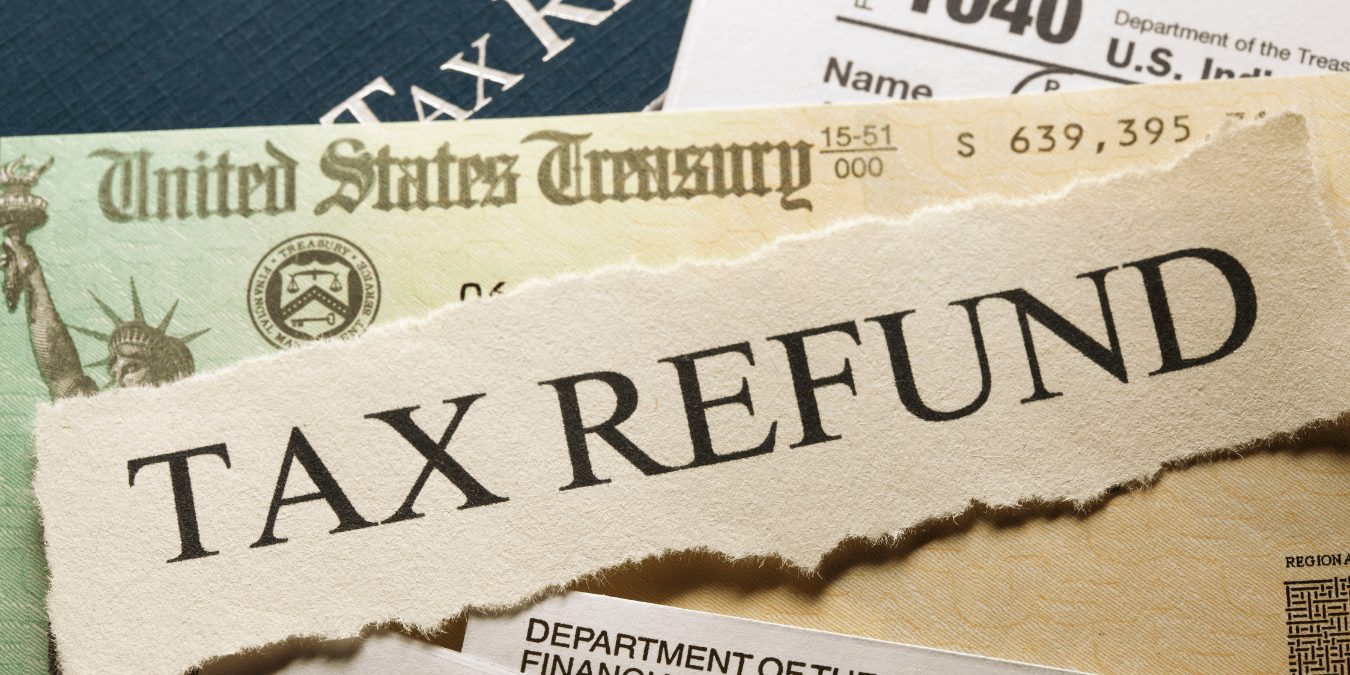
Tax Professionals Reveal: The Real Reason Your Refund Takes Longer Than IRS Says
